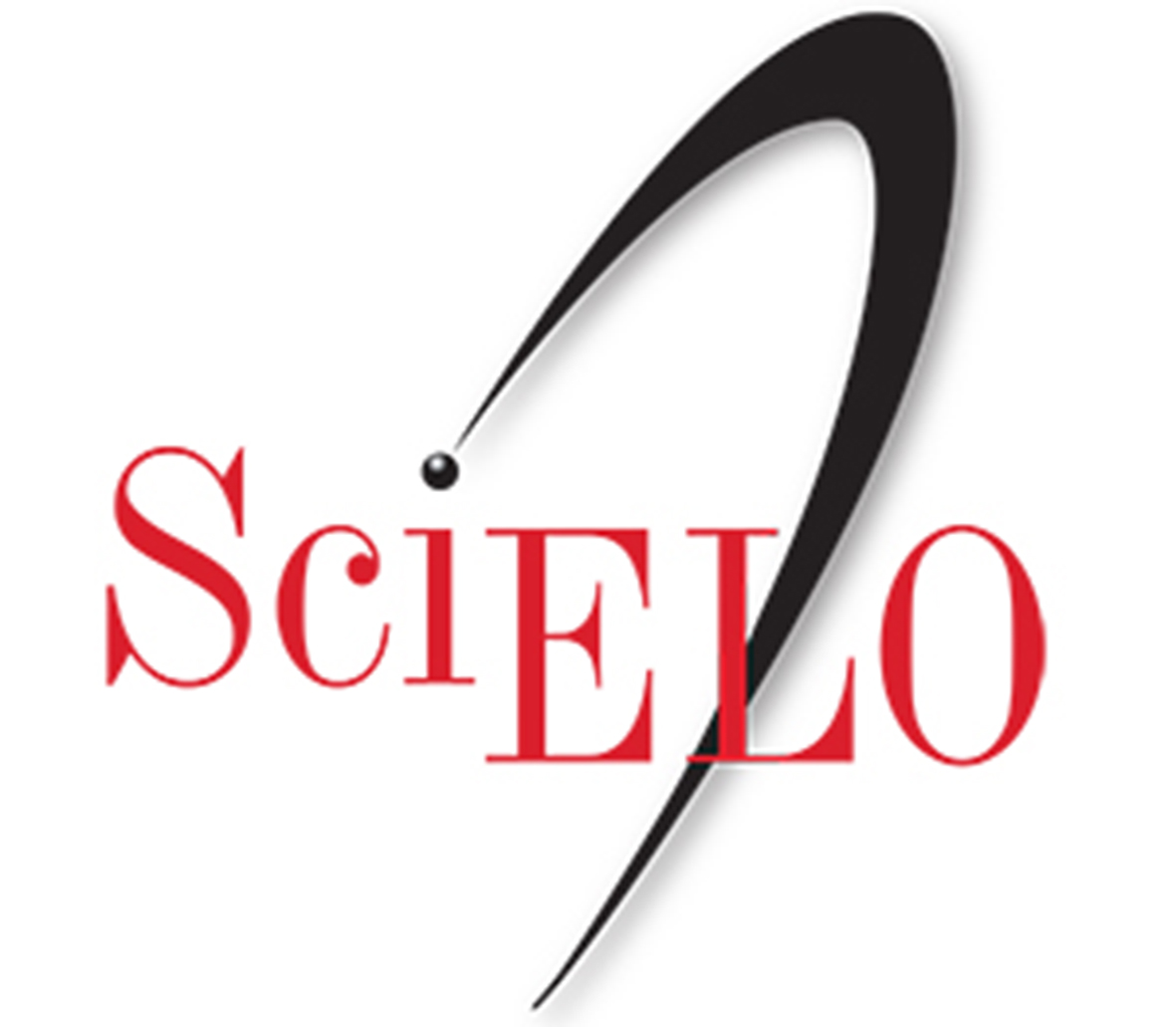DEUS E O DIABO NA TERRA: as cidades como espaços possíveis das práticas desviantes (god and the devil on earth: cities as possible areas of deviant practices)
Abstract
A cidade é o espaço da tese e síntese do capital. A organização econômica e a configuração espacial são fundantes para funcionalidade, expansão, manutenção e inovação capitalista. Destarte, a cidade é significada apenas como espaço coisificado do mundo do trabalho. Porém, o capital formata sua própria antítese, a qual é apresentada no espaço vivido por meio de práticas desviantes. Práticas e espacialidades desviantes dizem respeito a comportamentos, atitudes, gestos, linguagens e pensamentos que se desviam das lógicas planejadas para comercialização do espaço. Escrevemos sob a relação entre cidade e práticas desviantes em três punctuns. Partimos da abordagem cultural para pensar a cidade no interstício dos níveis de produção social do espaço. Em seguida, realizamos um exercício hermenêutico a favor e contra a cidade para caracterizá-la como espaço por excelência das diferentes espacialidades. Por último, exemplificamos as práticas desviantes como elemento antitético do capital. Defendemos que, as práticas desviantes causam o mal estar da civilização ao materializar a existência de espacialidades possíveis fora da lógica de configuração do espaço ditada pelos grupos e atores hegemônicos.Palavras chaves: cidade, práticas desviantes, espaço percebido, espaço concebido e espaço vivido.
ABSTRACT
The city is space of the thesis and synthesis of capital. Economic organization and the spatial configuration are founding for functionality, expansion, maintenance and capitalist innovation. Thus, the city is meant just as objectified space of world of work. However, capital formats your own antithesis, which is presented in the lived space through of deviate practices. Practices and deviant spatialities relate to behaviors, attitudes, gestures, languages and thoughts that deviate from logics planned for commercialization of space. Write in the relationship between city and deviant practices in three punctuns. We start from the cultural approach to think the city in the interstitial levels of social production of space. Then, we realize a hermeneutic exercise in favor and against the city to characterize it as a place for excellence in different spatiality. Finally, we exemplify the deviant practices as antithetical element of the capital. We believe that the deviant practices cause discomfort of civilization to realize the existence of spatialities possible out of the logic of space configuration dictated by hegemonic actors and groups.
Key words: city, deviant practices, perceived space, conceived space and lived space.
RÉSUMÉ
Mots-clés: ville, pratiques detournantes, espace perçu, space conçu et espace vécu
DOI: 10.4215/RM2009.0817.0008
Published
10/02/2010
How to Cite
SANTOS, Avacir Gomes dos; ALMEIDA, Maria Geralda de.
DEUS E O DIABO NA TERRA: as cidades como espaços possíveis das práticas desviantes (god and the devil on earth: cities as possible areas of deviant practices).
Mercator, Fortaleza, v. 8, n. 17, p. 109 a 121, feb. 2010.
ISSN 1984-2201.
Available at: <http://www.mercator.ufc.br/mercator/article/view/271>. Date accessed: 23 feb. 2026.
Section
ARTICLES
Authors who publish in this journal agree to the following terms:
- Authors retain the copyright and grant MERCATOR the right of first publication, with the work simultaneously licensed under the Creative Commons Attribution License, which allows the sharing of the work with recognition of the authorship of the work and initial publication in this journal.
- Authors are authorized to sign additional contracts separately, for non-exclusive distribution of the version of the work published in this journal (e.g., publish in an institutional repository or as a book chapter), with acknowledgment of authorship and initial publication in this journal.
- Authors are allowed and encouraged to publish and distribute their work online (e.g., in institutional repositories or on their personal page) at any point before or during the editorial process, as this can generate productive changes as well as increase the impact and citation of the published work (see The Effect of Free Access).
- Authors are responsible for the content of the manuscript published in the journal.






